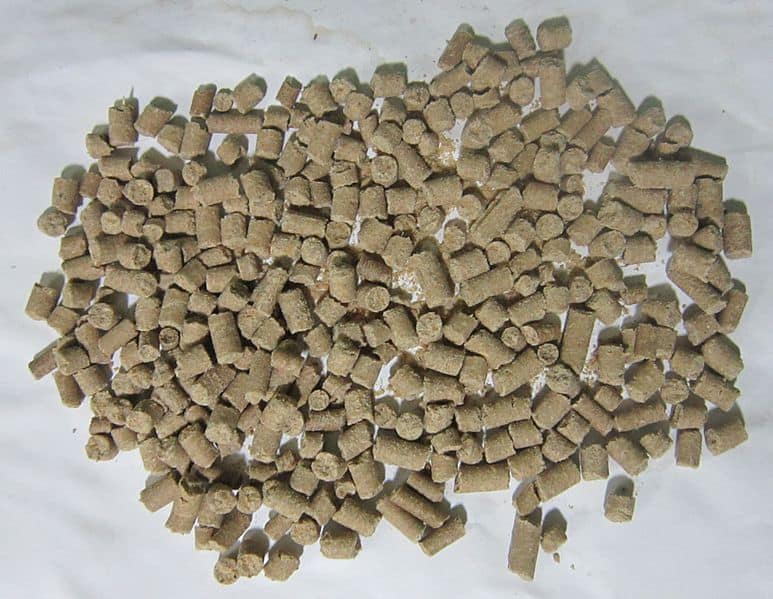How do you know which is the best fish food? There are numerous fish diets on the market and making the critical decision of good vs. bad is not very straightforward. With too much information, your brain goes on overload and you will simply buy the cheapest or most expensive food. By following the rules below, you will automatically select the best fish food for your fish!
- Total protein %
- Unless you’re growing show fish, your protein for goldfish will be around 30%, bettas around 35% and tropicals will vary depending on if they are carnivorous, omnivorous, or herbivorous. Check out this website if you need more guidance on what your fish should be eating.
- How many protein sources can you count on the label?
- More proteins listed = less complete sources = cheap. There is nothing wrong with cheap fish food, but you don’t always get what you pay for.
- Pellets are better nutrition than flakes, unless you have very small fish.
- This comes down to simple physics and chemistry – spheres have a lower surface-to-mass ratio than a flat flake, allowing them to hold onto water-soluble vitamins, like vitamin C, longer.
- Price has relatively little bearing on quality
- Just because a food is supposedly “better” does not mean it is more expensive. Larger companies with more resources for research and marketing may cost $0.62 to $1.18 per ounce. Unless your fish is super picky or has a restrictive diet, you really can’t go wrong with most of the major brands.
- Pick a size container that your fish will eat up in 6 months
- When properly stored, most water soluble vitamins will stay in fish food for about 6 months. If your food is older than that, you’re not doing your fish any favors – chuck it. We’ve NEVER seen a betta finish a whole container of betta food.
- Frozen diets may seem “better,” but they can leave out key vitamins and minerals.
- All diets, be they for yourself, your dog, or your fish, are best with an assortment of sources. Frozen diets are fine, but don’t feed your fish the same blood worm block for days on end. Mix it up with pellets, a variety of frozen menus and even some fresh veggies if you like.
- Just because you are vegetarian/vegan, does not mean your fish should be as well.
- We have no problem with whatever diet you choose to feed yourself, but most fish species need animal protein, most herbivores included. The vegetarian/vegan fish foods on the market do not have any longevity studies. By removing certain proteins from their diet, you are setting your fish up for a decreased life span, immune response and proper development.


Pingback: Fish Treats - Aquatic Veterinary Services
Thank you, your article is very informative and helpful to those of us bewildered by the mass of choice of fish foods.
What’s your opinion on making gel foods for goldfish?
If your fish likes eating gel food, he can go ahead and have it! Just be sure to mix it correctly and choose a mix based on proper protein and fat content.